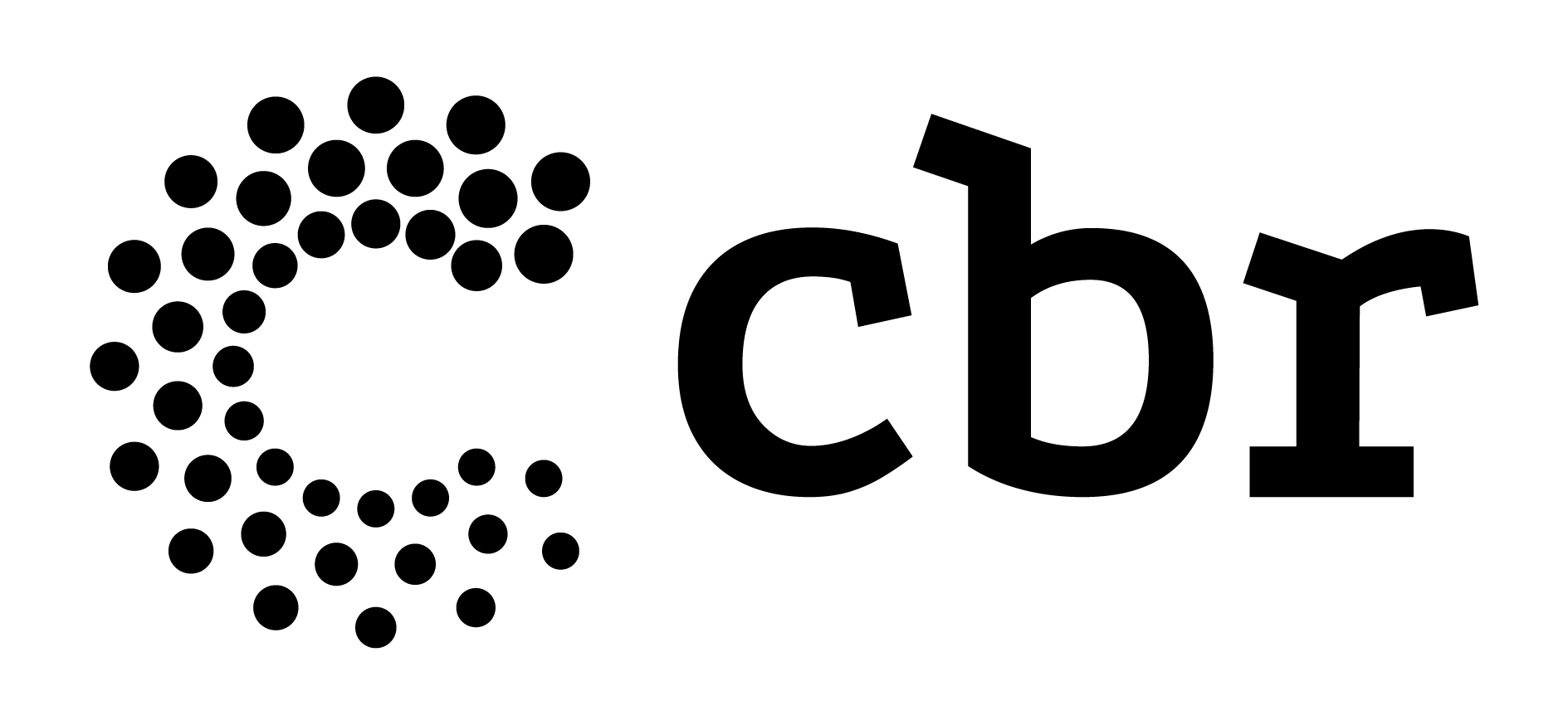The expression “honorary”, in its simple conceptualization, is a generic term used to indicate the remuneration of a freelance professional for the service provided. Medical fees, in turn, are the financial value related to the work provided by the medical professional to their patient. In remuneration model, fee for service too designates payment for services whose remuneration, in an open account, is separate from other medical assistance expenses.
In this sense, Law No. 13,003/2014 will complete a decade in June 2024 and was enacted with the proposal to make the existence of written contracts mandatory between health plan operators and their service providers. Said legal diploma amended Law 9,656/98, inserting contractual rules in article 17-A of the Plans Law.
Among the main changes introduced in article 17-A, we highlight the one that established that written contracts must have the object and nature of the contract, with a description of all services and the definition of contracted values, criteria, form and frequency adjustment and deadlines and procedures for billing and payment of services provided.
On the other hand, the issue is not new and was already the subject of debate due to ANS Normative Resolution nº 42, of July 4, 2003 and ANS Normative Resolution nº 71, of March 17, 2004, which brought the minimum requirements for the execution of legal instruments between health care plan operators and hospital service providers. Also in the same vein, ANS Normative Instruction No. 49, of May 17, 2012, regulated the ways in which contracts could be readjusted.
Despite the existence of a concept and the law that imposes the obligation of a written contract for payment for the medical services provided, the struggle of medical professionals to regularly receive their fees is not small. Added to this is the lack of application of readjustments, the arbitrariness of disallowances, the imposition of medical boards with a dubious stance and the delays perpetrated by service providers to pay this professional in a dignified manner.
As a consequence, a medical consultation, set at 100 ch's (fee coefficient) in the 1992 AMB table, should cost, if correctly updated by the IGPM today, the value of R$ 447.00 (four hundred and forty-seven reais) . Some procedures and medical exams, considering the systematic absence of adjustments by operators over the years, are paid at less than 10% of what they should actually be worth.
How did this equation get so unequal? Is it possible to reverse this situation?
We are certainly talking about supplementary healthcare, which corresponds to a third of the entire financial volume that involves the healthcare system in our country. Spending in the sector of health plan operators and service providers annually consumes 3% of the entire Gross Domestic Product, something close to 200 billion reais.
The treatment given by operators over the years does not comply with the principles of loyalty, objective good faith, legal certainty and equity and needs to be urgently reviewed. Operators, who control remuneration, exercise their monopsony power and impose the form and amount with which they will remunerate providers, disregarding legal precepts of the legal system and basic principles of contractual activity.
Certainly, class entities, including councils, associations and unions, have and should play the role of intermediaries, in a regional and local manner. Some may suggest that CADE (Administrative Council for Economic Defense) will say that this measure constitutes a cartel. However, the courts have already decided, for example, that the existence of a fee schedule is not sufficient to constitute an offense against the economic order and that it is essential that there be an imposition or fixing of prices with negative consequences for competitors, so that constitute an infraction. Which is not the case.
Replacing outdated values, including revisional actions, is far from configuring any type of cartelization in the health sector. It is worth mentioning: the recommendation of fees, without an imposing nature, does not constitute a violation of economic competition rules. Also according to the courts, the use of the medical fee table as a mere reference of values, including by laboratories, without obligation, binding or sanction, is not sufficient to characterize an offense to the economic order.
The imposition of prices with the monopoly of remuneration controlled by operators and the systematic absence of adjustments need to be questioned urgently. Suggestive tables of values, with compensatory power and without imposition, can and should be encouraged by class entities. The judicial route tends to balance forces. United, medical professionals will always be stronger.
Dr. Valério Ribeiro
CBR Legal
+Read More: Colégio launches two more episodes of the CBR podcast
Stay on top of CBR's social networks, follow us on Instagram , Facebook It is LinkedIn




